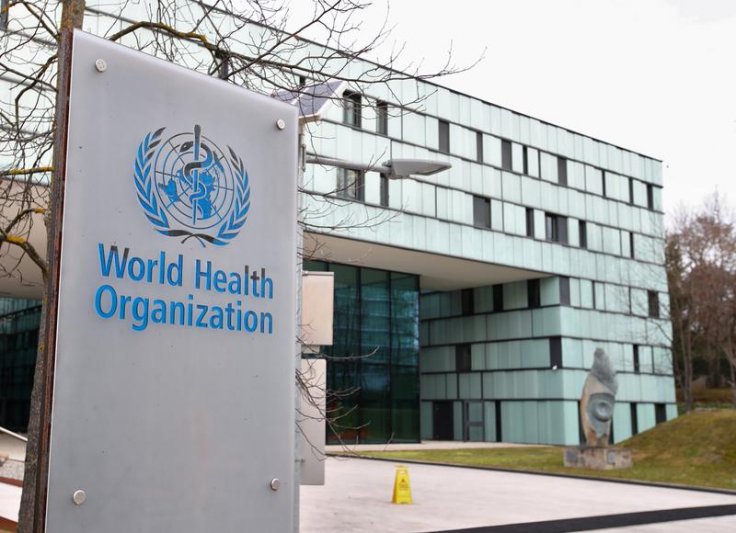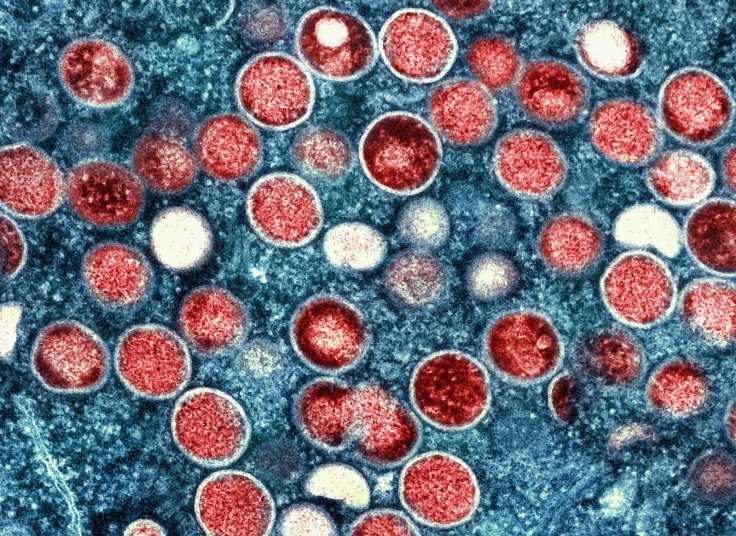Sweden has reported its first case of mpox, a day after the World Health Organization (WHO) declared the infection a global public health emergency. This marks a significant development, as Sweden is the first country outside the African continent to detect the more contagious strain of the mpox virus.

The Swedish Public Health Agency confirmed that a person in Stockholm sought medical care and was diagnosed with mpox caused by the clade I variant. This variant has been linked to a rapid spread of the virus in the Democratic Republic of Congo (DRC) and other countries.
The WHO declared mpox a global public health emergency due to its rapid spread and the emergence of a new clade. WHO Director-General Dr Tedros Adhanom Ghebreyesus expressed concern over the situation, emphasizing the need for a coordinated international response to stop the outbreaks and save lives.

"The emergence of a new clade of mpox, its rapid spread in eastern DRC, and the reporting of cases in several neighboring countries are very worrying," Dr. Tedros said. "On top of outbreaks of other mpox clades in DRC and other countries in Africa, it's clear that a coordinated international response is needed to stop these outbreaks and save lives."
In response to the intensifying situation, the WHO has called on mpox vaccine manufacturers to submit Expressions of Interest for Emergency Use Listing (EUL). This will enable a swift review and recommendation of unlicensed medical products to ensure vaccines are available quickly during public health emergencies.
The EUL process is particularly crucial for lower-income countries without national regulatory approvals. It will facilitate the procurement and distribution of vaccines by organizations like Gavi and UNICEF, supporting global efforts against mpox.
Mpox, caused by the monkeypox virus, spreads through direct contact with infected individuals, contaminated materials, or animals. Prompt action is necessary to mitigate its impact. The WHO recommends two vaccines, Jynneos and ACAM2000, which have demonstrated efficacy in controlling the disease. The EUL process will facilitate their broader distribution in affected areas.
The WHO's Strategic Advisory Group of Experts on Immunisation (SAGE) has recommended these vaccines for mpox. Jynneos, developed by Denmark's Bavarian Nordic, and ACAM2000, from the U.S. firm Emergent BioSolutions, have shown effectiveness in controlling the disease.
As the situation continues to evolve, the WHO's declaration of a global public health emergency highlights the need for immediate action to combat the spread of mpox. With the first case reported in Sweden, the international community must come together to support affected countries and prevent further transmission.









